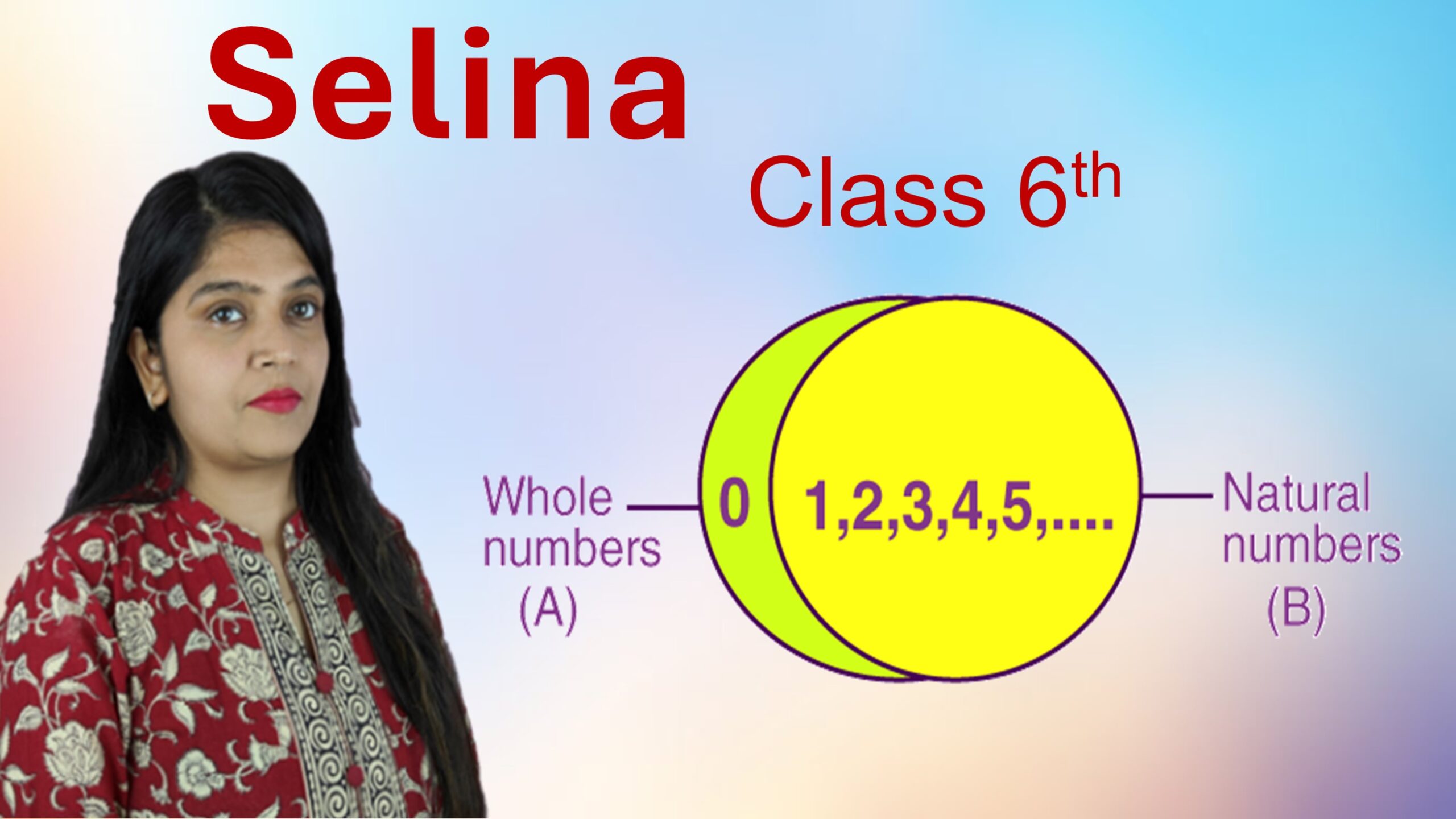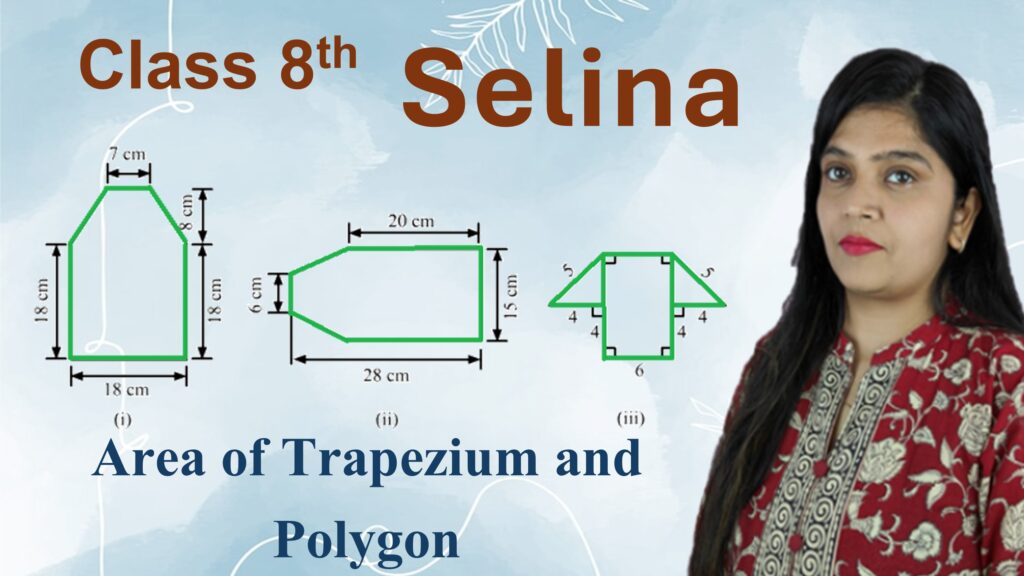Exercise: 4-D
Q1: Show that:
For each part, given above, give two suitable examples.
i. division of whole numbers is not closed.
Step 1:
Division is closed if dividing any two whole numbers always gives a whole number.
Step 2:
Check with examples:
\[
6 \div 3 = 2 \quad \text{(whole number)}
\]
\[
7 \div 3 = \frac{7}{3} = 2.333\ldots \quad \text{(not a whole number)}
\]Step 3:
Since division of two whole numbers can give a non-whole number, division is not closed in whole numbers.
Answer: Division of whole numbers is not closed.
ii. any whole number divided by 1, always gives the number itself.
Step 1:
Check examples:
\[
12 \div 1 = 12
\]
\[
0 \div 1 = 0
\]Step 2: Dividing any whole number by 1 returns the number itself.
Answer: Any whole number ÷ 1 = the number itself.
iii. Every non-zero whole number divided by itself gives 1 (one).
Step 1:
Check examples:
\[
7 \div 7 = 1
\]
\[
25 \div 25 = 1
\]Step 2:
Dividing a non-zero whole number by itself always gives 1.
Answer: Non-zero whole number ÷ itself = 1.
iv. zero divided by any non-zero number is zero only.
Step 1:
Check examples:
\[
0 \div 5 = 0
\]
\[
0 \div 123 = 0
\]Step 2: Zero divided by any non-zero number is zero.
Answer: 0 ÷ any non-zero number = 0.
v. a whole number divided by 0 is not defined.
Step 1: Division by zero is undefined in mathematics.
Step 2:
Examples:
\[
5 \div 0 = \text{undefined}
\]
\[
0 \div 0 = \text{undefined}
\]Answer: Division by zero is not defined.
Q2: If x is a whole number such that \(x\ \div\ x\ =\ x\); state the value of x.
Step 1:
Given:
\[
\frac{x}{x} = x
\]Step 2:
For division \(\frac{x}{x}\) to be defined, \(x \neq 0\).
Also, \(\frac{x}{x} = 1\) for all \(x \neq 0\).So, the equation becomes:
\[
1 = x
\]Step 3:
Therefore,
\[
x = 1
\]Answer: x = 1
Q3: Fill in the blanks
i. \(987\div1=\)________
Step 1:
Divide 987 by 1:
\[
987 \div 1 = 987
\]
Answer: 987
ii. \(0\div987=\)________
Step 1:
Divide 0 by 987:
\[
0 \div 987 = 0
\]
Answer: 0
iii. \(336-(888\div888)=\)_________
Step 1:
Calculate \(888 \div 888\):
\[
888 \div 888 = 1
\]
Step 2:
Substitute and solve:
\[
336 – 1 = 335
\]
Answer: 335
iv. \((23\div23)-(437\div437)=\)_________
Step 1:
Calculate each division:
\[
23 \div 23 = 1, \quad 437 \div 437 = 1
\]
Step 2:
Subtract:
\[
1 – 1 = 0
\]
Answer: 0
Q4: Which of the following statements are true?
i. \(12\div(6\times2)=(12\div6)\times(12\div2)\)
Step 1:
Evaluate left side:
\[
12 \div (6 \times 2) = 12 \div 12 = 1
\]
Step 2:
Evaluate right side:
\[
(12 \div 6) \times (12 \div 2) = 2 \times 6 = 12
\]
Step 3:
Check equality:
\[
1 \neq 12
\]
Answer: False
ii. \(a\div(b-c)=\frac{a}{c}-\frac{b}{c}\)
Step 1:
Given:
\[
a \div (b – c) = \frac{a}{c} – \frac{b}{c}
\]
This is not generally true by division or fraction rules.
Answer: False
iii. \((15-13)\div8=(15\div8)-(13\div8)\)
Step 1:
Calculate left side:
\[
(15 – 13) \div 8 = 2 \div 8 = \frac{1}{4}
\]
Step 2:
Calculate right side:
\[
(15 \div 8) – (13 \div 8) = \frac{15}{8} – \frac{13}{8} = \frac{2}{8} = \frac{1}{4}
\]
Step 3:
Since both sides equal \(\frac{1}{4}\), the statement is true.
Answer: True
iv. \(8\div(15-13)=\frac{8}{15}-\frac{8}{13}\)
Step 1:
Calculate left side:
\[
8 \div (15 – 13) = 8 \div 2 = 4
\]
Step 2:
Calculate right side:
\[
\frac{8}{15} – \frac{8}{13} = \text{not equal to } 4
\]
Since \(\frac{8}{15} – \frac{8}{13}\) is approximately:
\[
0.5333 – 0.6154 = -0.0821 \neq 4
\]Answer: False






Leave a Comment